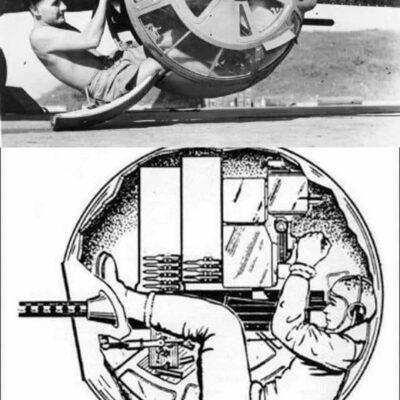
Why Mars is a question that bothers many people. There are many reasons for this, but some are;
Mars is one of the most similar planets to Earth in the Solar System.
Like Earth, Mars has two polar ice caps. The North Pole is made up of a layer of ice about 3 km thick. The opposite pole is even thicker and is made of carbon dioxide ice.

Mars is smaller than Earth. The diameter of Mars is about 6750 km.
The atmosphere on Mars is mostly carbon dioxide. This is 95% of the atmosphere. The temperature on Mars is usually as low as -125 C.

Mars is home to some of the largest volcanoes on all the planets in the Solar System.
According to evolutionary biologists, children born on the ‘Red Planet’ look, act, and behave differently than those on Earth.

Homo Martianus
Human colonists will have to live in very small dwellings due to the high radiation on Mars and the hostile atmosphere on Earth.

Many of the characteristics of Martians are combined in the natural selection of nature on Mars, making them very different from Earth humans.

According to Scott Solomon, professor of evolution and biology at Rice University, these are the characteristics of Martians.
At that low gravity of Mars, which is only one-third of the Earth, bones would be dense and brittle.

Near-sightedness occurs because there is no need to look as far as the earth.
The findings are based on cavefish being blinded in the dark and spending most of their time indoors.

Their skin color may be different due to intense radiation. Melanin, a substance found in the skin of earthlings, protects them from ultraviolet rays (UV rays). People with high levels of melanin have darker skin tones.
Sometimes humans can get new pigments to escape the excessive radiation on Mars.
So their true color is only imaginary.

Oxygen respiration is improved. They will have to learn to use oxygen most efficiently or develop specialized abilities, such as those in the Tibetan Plateau, where oxygen is 40% less available than sea level.

To cope with this situation, the Tibetan people have a modified metabolism, which is due to the fact that their blood vessels are thinner,

making it easier to move blood, and increasing glucose uptake by reducing the use of body fat.
Poor immunity or no immunity at all.

The sterile atmosphere on Mars can sometimes expose the immune system. In that case, the unprotected Martians would have to move away from the nuclear-carrying Earth humans and the two groups would have to stop interacting with each other.
Sometimes the journey between the two worlds may even end.

Even sexual intercourse between them may disappear. Specification is essential in the deviation of gene transfer between two species – Homo martianus.






Recent Comments